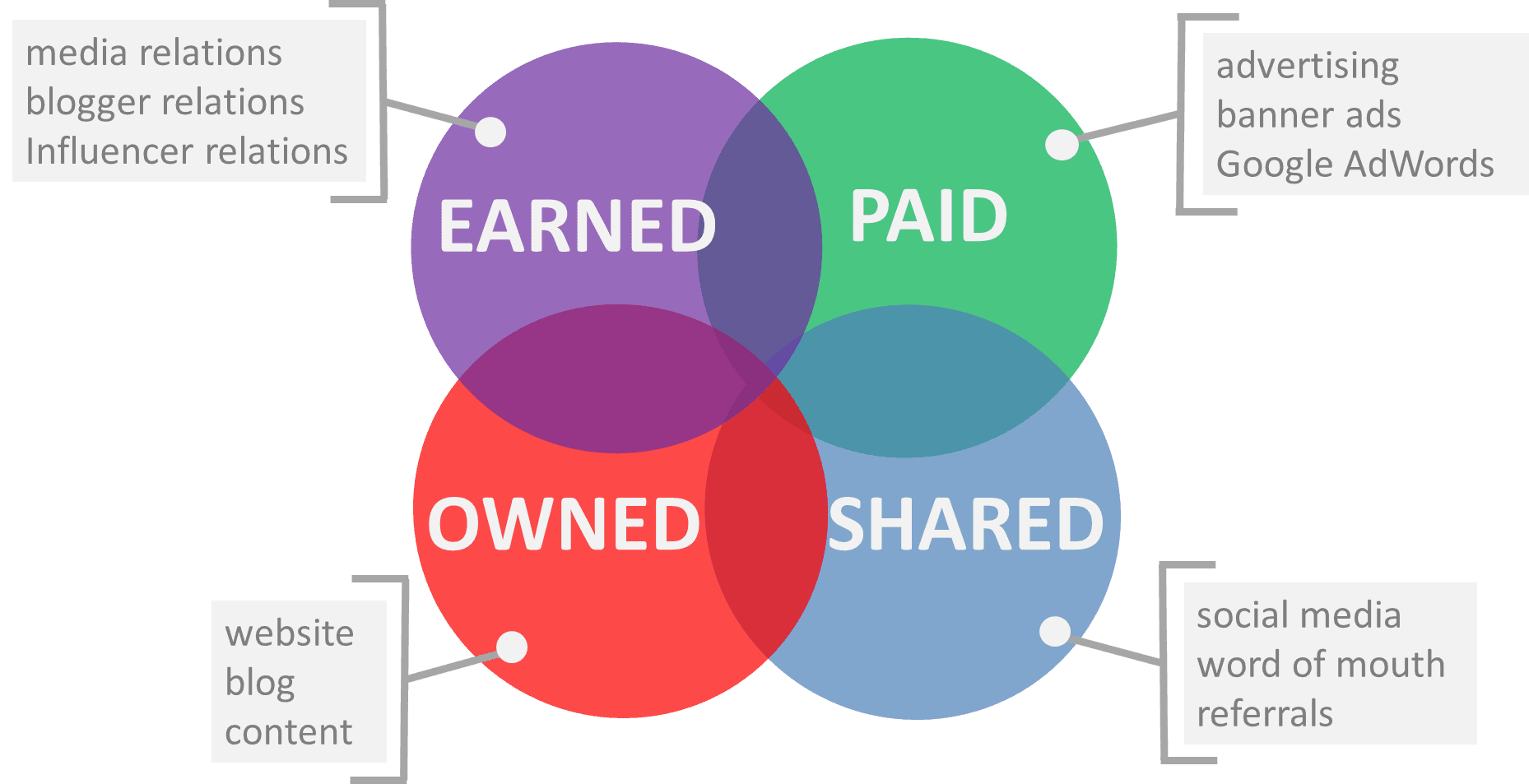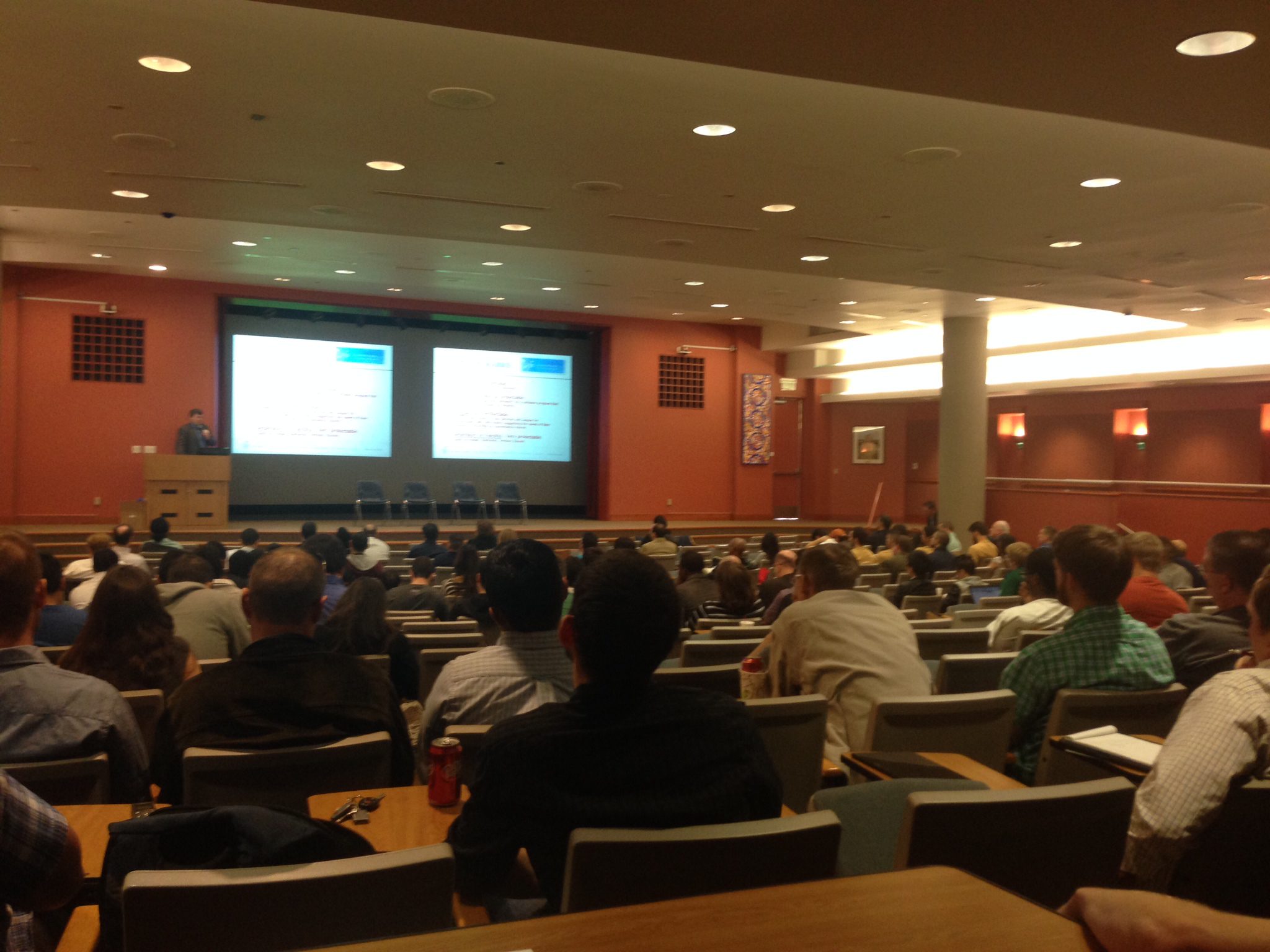You might not expect it, but these entrepreneurs each have something to say about customers – the critical component to any startup.
Steve Blank is a retired serial entrepreneur who teaches entrepreneurship at UC Berkley and Stanford University, and the concept of Customer Development which is outlined in his book, 4 Steps to the Epiphany.
Steve clearly defines a startup as an entity who’s job is to discover a repeatable and scalable business model. Ideally you should find this business model before you start investing a significant amount of funds into the business. Steve cites several examples in his book (he really likes the Webvan story from the 90’s) where startups fail because they never bothered to find out what the customer wanted, why they liked or disliked about the product, how they used the product, and what would make them pay money for it (or not).
Steve believes it is crucial that the founders of the startup “get out of the building” and find the needs of the customers and who they are (customer discovery) and then test your hypothesis against a sample group of these customers (customer validation). If the test fails, it means you have to go back to the drawing board again (the “pivot”). You can’t go on and build your customers, and hence build the business, until you have found something scalable and repeatable. Many startups make the mistake of marketing their product heavily and hiring a small army of sales folks (customer creation and company building) to sell the product before they pass “customer validation” piece, and then scratch their heads as to why no one is willing to pay for the product.
37 Signals founders Jason Fried and David Heinemeier Hansson, who just released their book Rework, have a different take. They’ve built a business on developing a product that THEY want to use, instead of listening to what everyone else wants. They talk about how to “say no” to customer requests, instead of being pulled in fifty directions by listening to them. They talk about “scratching your own itch” and building a product you would use yourself. “When you solve your own problem, you know exactly what to do. When you solve someone else’s problem, you’re stabbing in the dark,” says Fried.
The book offers several concepts on how to build and run a small business while defying everything you think is “normal”. Over 1,000 people a week sign up to use their products, Basecamp, Backpack and HiRise and have done so without any outside investment.
Then you have Mark Cuban, a successful entrepreneur who did well during the dot com boom and is now the current owner of the NBA basketball team Dallas Mavericks. Usually cited for his brash remarks, Cuban talks about a variety of things on his blog from the stock market to Facebook privacy. I recently found this on his bog the other day: “Why You Should Never Listen to Your Customers“. Cuban basically says that entrepreneurs far too often try to emulate their competitors down to the feature, which prevents them from inventing anything truly unique and different. So now when a customer requests a feature, its usually because of a feature they saw on a competitive product that they wish your product had. He says “its not the job of your customers to know what they don’t know” and that every entrepreneurs job is to “invent the future.” Steve Blank makes a similar comparison in a blog post entitled “Death by Competitive Analysis” where he says “instead of optimizing for a minimum feature set (as defined by customers), a competitive analysis drives a maximum feature set.”
These are all different views on how finding and listening to customers can affect your business. There may not be any one right answer, but in the end, we think you should definitely listen to your customers, and that you (the software developer) should be a customer of the product. We believe in the concept of eating your own dog food, rather than trying to build a product in a vacuum. At then end of the day, we think it’s important to have an active customer feedback loop, but be careful not to go off into the weeds building one-off features that will only be useful to a few users.

















